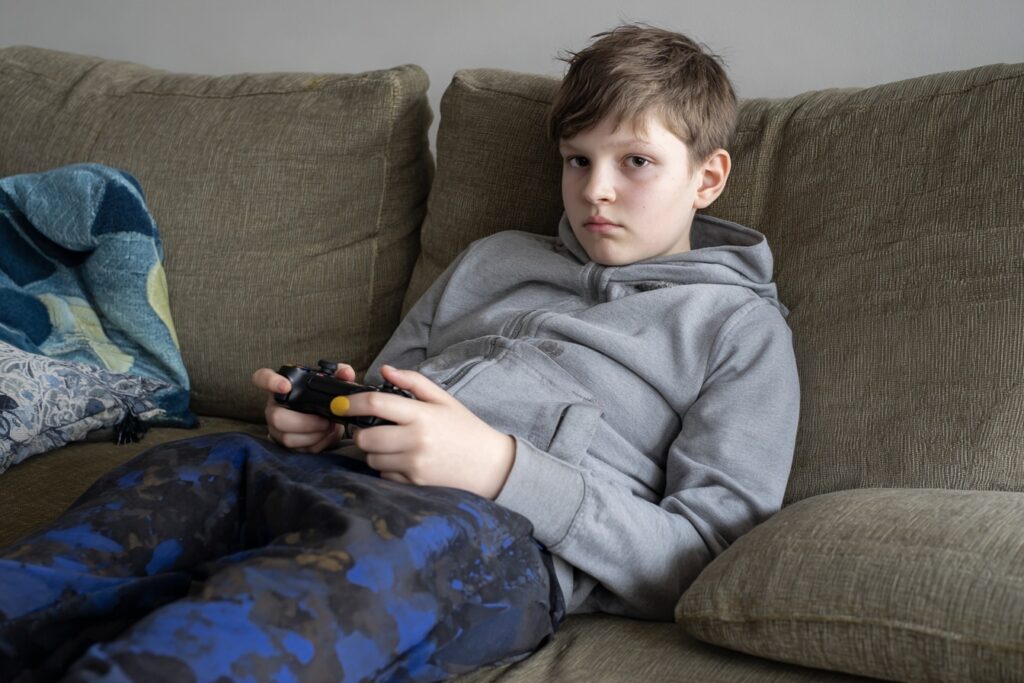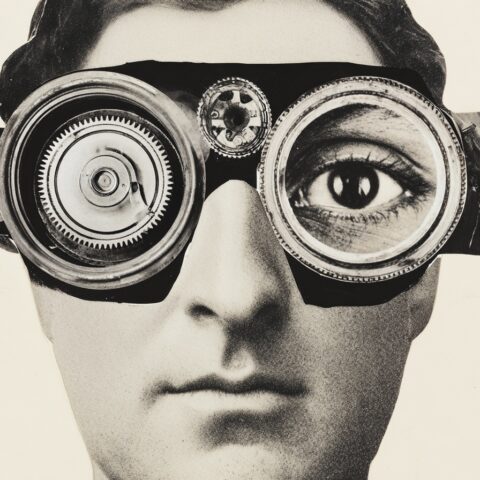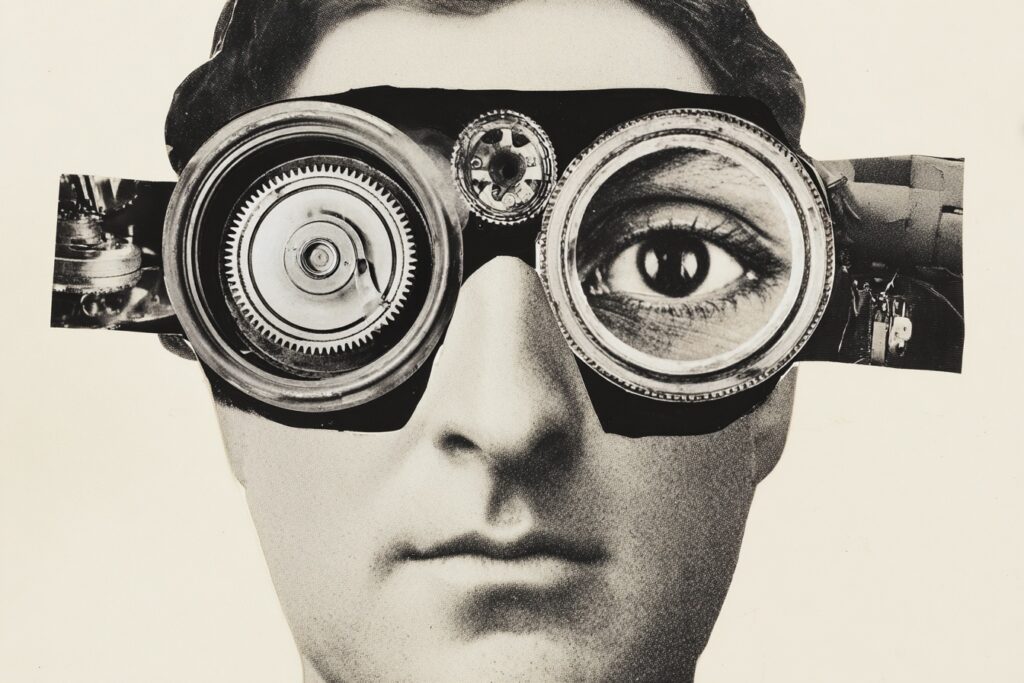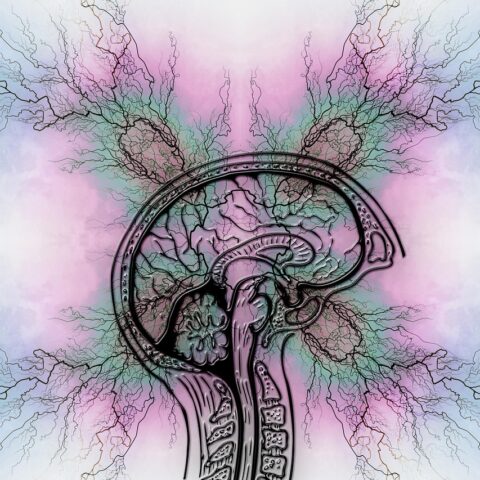Neurodivergent men are often misdiagnosed, misunderstood, or emotionally shut down. This is an honest look at what it’s really like for men with ADHD, autism, and other forms of neurodivergence.
Areally like for men with ADHD, autism, and other forms of neurodivergence.
🔍 So Neurodivergent Men… Let’s get into it.

I write a lot about ADHD, autism, and neurodivergence — mostly from my own experience. But there’s a side to this conversation that doesn’t get talked about nearly enough:
Neurodivergent men.
Not the loud stereotypes. Not the “hyperactive little boy” trope. I mean the real ones — the grown men with cluttered rooms and shutdown expressions, who’ve been called lazy, cold, aggressive, emotionless, or distant… when in reality, they’ve been dissociating for years just to survive.
Some of the most neurodivergent men I’ve met don’t know they’re neurodivergent.
They just know they’re exhausted. Numb. Misunderstood.
So this one’s for them. The silent strugglers. The ones who’ve been told “man up” more times than “are you okay?”
Let’s talk about what neurodivergence in men really looks like — and how much pain gets buried beneath the surface.
Table of Contents
🚹 Why neurodivergent men often get missed
The system is technically built to recognize boys — but only when they’re disruptive.
Men who are quiet, internalized, or dissociative?
They get ignored. Or worse — punished for “underachieving” or “zoning out.”
Here’s what’s actually going on:
- Men are taught to suppress emotions early
- Masking gets disguised as “stoicism”
- Shutdowns look like laziness
- Sensory overload looks like anger
- Meltdowns look like aggression
Instead of being seen as struggling, they get labeled as:
- Unmotivated
- Immature
- Disrespectful
- Emotionally unavailable
- “Just not trying hard enough”
And when they do ask for help? They’re often told they’re fine. Or worse — weak.
🧠 Signs of neurodivergence in men (that no one talks about)
👤 Emotional signs
- Flat affect or “blank face” masking sensory/emotional overload
- Intense emotions that explode only in private
- Struggles with emotional vocabulary (e.g., “I don’t know how I feel”)
- Deep inner shame masked with humor or apathy
- Difficulty asking for help without feeling weak
🧩 Behavioral signs
- Hyper-fixation on routines, gear, or specific interests
- Social withdrawal framed as “laziness” or “being a loner”
- Emotional shutdowns that last for hours or days
- Trouble keeping up with basic adulting tasks
- Task paralysis but obsessive focus on hobbies
📱 Digital signs
- Escaping into gaming, YouTube, Reddit, or niche forums for hours
- Avoiding calls or texts because executive dysfunction makes it feel impossible
- Watching the same comfort media repeatedly to self-soothe
💢 The ADHD/autism + masculinity clash

Masculinity tells men:
- “Don’t be weak.”
- “Don’t talk about feelings.”
- “Be productive.”
- “Get it together.”
- “Be the provider.”
Neurodivergence makes you:
- Sensitive to overwhelm
- Prone to burnout
- Emotionally reactive or detached
- Easily derailed
- Struggle with motivation
So what happens?
Men shut down.
They stop asking for help. They internalize their failures. They believe something is wrong with them — and they try to hide it, until the pressure boils over into rage, addiction, isolation, or breakdown.
🧱 Real talk: this isn’t “emotional repression” — it’s trauma
I’ve talked to men who told me they weren’t allowed to cry growing up.
Or show fear. Or stim. Or express frustration.
And if they did, they got hit. Or mocked. Or left.
That’s not just emotional neglect. That’s trauma.
And it wires their nervous systems to survive — not to feel safe.
So when they struggle with emotions now, it’s not because they’re immature.
It’s because no one ever gave them permission to be human.
❓Reflection Questions for Neurodivergent Men
(Answer these to yourself. Or journal them. Or pace while thinking.)
- Do you feel emotionally numb most of the time, but overwhelmed randomly?
- Do people think you’re lazy or unmotivated — but you constantly feel exhausted?
- Do you avoid asking for help because it makes you feel weak?
- Do you hyper-fixate on hobbies but struggle with daily life tasks?
- Have you ever felt like “everyone else got a manual and I didn’t”?
- Do you feel disconnected from your body or surroundings, especially during stress?
If these hit deep… you’re probably not broken.
You’re likely neurodivergent and unrecognized.
Take our neurodivergence self assessment quiz here
💬 Jenny’s take: The neurodivergent men I’ve loved (and watched burn out)
I’ve known more than a few neurodivergent men. Most of them didn’t know they were.
There was the guy who could build a computer blindfolded but forgot to eat for two days.
The friend who went quiet for weeks at a time, then would trauma-dump everything in one night like his soul was leaking.
The man who felt everything too deeply but had no words for it, so he just numbed out instead.
Every one of them thought they were just failing at being a man.
And every one of them was actually neurodivergent trying to survive inside a broken masculinity model.
They didn’t need motivation or hustle.
They needed recognition, compassion, and room to rebuild.
💡 The hidden strengths of neurodivergent men
Neurodivergent men are often quietly extraordinary. The world doesn’t always reward them — but when they find the right environments, they thrive.
🔧 Systems thinkers
Many ND men are brilliant at seeing how things connect. Whether it’s networks, story structures, engines, or ideologies — they build and optimize at a deep level.
🧭 Loyalty and depth
Despite stereotypes, many ND men form intense emotional bonds. Once safe, they’re deeply committed — to people, values, ideas.
📚 Hyper-learning
Give a neurodivergent man a topic he loves, and he’ll learn it faster and deeper than most “gifted” kids. It’s not about discipline — it’s about dopamine.
🎯 Integrity
Neurodivergent men tend to hate small talk, BS, or posturing. They want real, raw, unfiltered truth — even when it’s messy.
In fact, a 2021 paper in Frontiers in Psychology explores how autistic traits correlate with higher moral consistency, even when social pressure says otherwise. This contradicts outdated views that frame neurodivergence as “cold” or antisocial.
🧩 Unmasking: What does healing look like for ND men?
🔨 1. Breaking the silence
Start with one safe person. Share one real thing. Let the armor crack. You don’t need to trauma-dump — just say something true.
🗺️ 2. Learning the actual rules
You were probably taught “try harder” instead of “adapt smarter.” Start reading about executive dysfunction, sensory overload, and emotional regulation from ND sources — like CHADD’s ADHD resources for men or trauma-informed therapists on YouTube.
🧘 3. Reclaiming your nervous system
You’re not lazy — you’re in chronic fight, flight, freeze, or fawn. Learning how to down-regulate your stress responses changes everything.
🧑🔧 4. Rebuilding identity
You don’t have to be “the man.” You don’t have to hustle, dominate, or push through pain. You get to be yourself — even if that self is quiet, sensitive, analytical, spiritual, or chaotic.
🧠 Final Thought: You’re not failing. You’re just unrecognized.
If you’ve made it this far, here’s what I want you to hear:
You were never “bad at being a man.”
You were trying to survive in a system that never accounted for how your brain works.
You’re not broken.
You’re neurodivergent and brilliant in ways the world hasn’t caught up to yet.
And now, you get to rebuild — on your terms.
❓ FAQ: 12 Honest Questions About Neurodivergent Men
1. What does “neurodivergent men” mean?
It refers to men whose brains function differently from the neurotypical norm. This includes ADHD, autism, OCD, dyslexia, Tourette’s, and more.
2. Are men with ADHD or autism underdiagnosed?
Yes — especially if they’re not disruptive. Many men get overlooked because their symptoms are internalized or misread as laziness, depression, or even character flaws.
3. Why do so many neurodivergent men seem emotionally shut down?
Because many were punished or mocked for showing emotion as boys. They learned to suppress instead of express, which turns into numbness over time.
4. What’s the difference between laziness and executive dysfunction?
Laziness is a choice. Executive dysfunction is a neurological barrier. Neurodivergent men may want to act — but feel literally paralyzed by the task.
5. Do ND men experience burnout?
Absolutely. Often. Especially those who mask heavily, work in rigid systems, or have zero outlets for their emotional experience.
6. Why do many neurodivergent men hyper-fixate on hobbies?
Dopamine. Neurodivergent brains are under-stimulated by “boring” tasks and over-stimulated by interests that hit the right brain circuits.
7. Can ND men have successful relationships?
Yes — often deeply meaningful ones. But they may need partners who understand sensory needs, communication differences, and emotional shutdowns.
8. What role does trauma play?
A big one. Especially emotional neglect, social rejection, or punishment for being different. This trauma often compounds the challenges of neurodivergence.
9. Can therapy help?
Yes — especially neurodivergent-affirming therapy. Cognitive Behavioral Therapy (CBT), somatic work, and trauma-informed approaches can all support healing.
10. What if I suspect I’m ND but don’t have a diagnosis?
You don’t need a diagnosis to start learning, healing, or self-accepting. If you relate to ND traits, it’s valid to explore that — diagnosis or not.
11. Why do so many ND men isolate themselves?
Because they’re overwhelmed, misunderstood, or ashamed of how they show up. Isolation often feels safer than judgment.
12. Where can I find support?
Try Reddit forums like r/ADHDMen, Discord ND communities, CHADD, or local peer support groups. You are not alone.
🐐 About ADHD Goat
ADHD Goat is a place for the misunderstood, the overthinking, and the perpetually overwhelmed. We talk about neurodivergence, identity, and mental health in a raw, real, and actually relatable way. No clinical coldness. No patronizing checklists. Just stories and strategies from people who get it.
✍️ About the Author
Jenny Mirah is neurodivergent, anxious, emotionally intense, and somehow still showing up to life. She writes from the messy middle — not as a therapist or guru, but as someone who has spiraled, shut down, and rebuilt (more than once). ADHD Goat is her way of turning chaos into connection.
💌 Got something you want us to write about?
We love covering real questions from real readers — the weird, the vulnerable, and the “is it just me?” kind of stuff.
👉 Submit a topic or contact us here








